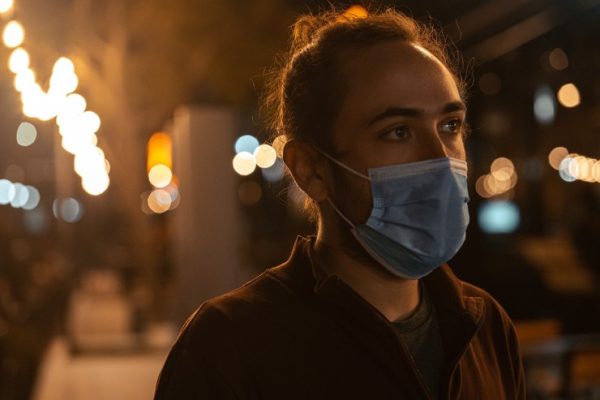
Return Of Covid-19? Resurgence of Covid-19 Variant JN.1 Is Reported In Many Countries
According to WHO and CDC and other health reports, there is a resurgence of Covid-19 also known as Coronavirus, mainly in Asian countries. The JN.1 variant informally referred as J1 is a subvariant of the Omicron lineage of the COVID-19 virus (SARS-CoV-2).
Apart from Singapore, Thailand, China and Hong Kong – India also reported 257 active Covid-19 cases with Kerala state reported most number of cases. According to reports, so far the patients are exhibiting mild symptoms of Covid.
JN.1 is highly transmissible, which has led to its rapid spread in several countries.
Current spread of JN.1 :
Singapore: Weekly COVID-19 cases surged from 11,000 in late April to over 14,000 in early May. Subvariants LF.7 and NB.1.8, descendants of JN.1, now account for more than two-thirds of sequenced cases.
Thailand: Reported a sharp increase in cases, from 6,000 to over 33,000 within a few days.
Hong Kong: Test positivity rates more than doubled in four weeks, from 6.21% to 13.66% between early and mid-April.
China: The Chinese CDC noted a jump in COVID-19 positivity among patients with flu-like symptoms, rising from 7.5% to 16.2% between March 31 and May 4.
India: As of May 19, 2025, India reported 257 active COVID-19 cases, with the majority detected in Kerala, Maharashtra, and Tamil Nadu.
United States: As of January 5, 2024, the JN.1 variant accounted for approximately 62% of all circulating SARS-CoV-2 variants.
Factors contributing to the surge:
- Waning immunity: Many individuals have not received booster vaccinations in over a year, leading to decreased immunity.
- Increased transmissibility: JN.1 is more transmissible than previous variants, contributing to its rapid spread.
- Public gatherings: Increased travel and public gatherings have facilitated the spread of the virus.
Key characteristics:
Highly transmissible: Even more than previous Omicron subvariants.
Immune evasion: Shows increased ability to escape immunity from vaccines and past infections, though not completely.
Mild to moderate illness: For most people, especially those vaccinated or previously infected, the symptoms tend to be similar to other Omicron variants (cold-like).
Symptoms: Apart from regular Covid-19 symptoms those who were infected exhibited intense exhaustion. Common symptoms include –
· Sore throat
· Runny nose
· Fatigue
· Cough
· Fever
· Headache
· In some cases: shortness of breath or gastrointestinal issues
Vaccine effectiveness
- Vaccines still help: They continue to provide good protection against severe illness, hospitalization, and death.
- Updated boosters: Fall 2023 and 2024 boosters (monovalent XBB.1.5-based) offer some cross-protection against JN.1, although slightly reduced.
Public health perspective
WHO classified JN.1 as a variant of interest (VOI) in December 2023. Variant was closely monitored due to its rapid spread and mutation profile. Precautions remain same as Covid pandemic time:
- Masking in crowded areas
- Staying home when sick
- Vaccination and boosters
- Good ventilation
- Good hygiene practice
Public health response:
- Preventive measures: Authorities recommend wearing masks in crowded areas, maintaining hygiene, and getting booster vaccinations.
- Surveillance: Health agencies are closely monitoring the situation and conducting genomic surveillance to track the spread of JN.1 and its subvariants.
- References:
1. https://economictimes.indiatimes.com/news
2. https://navbharattimes.indiatimes.com/lifestyle/health/
3. https://www.indiatimes.com/trending/
4. World Health Organization (WHO)
5. https://www.cnbctv18.com/india/healthcare/covid-19-resurgence-in-asia-all-about-jn-1-variant-19606478.htm
Image credit: Image by Julián Amé from Pixabay (free to use under Pixabay content license)
Author: Sumana Rao | Posted on: May 22, 2025
« Cervical Cancer Screening Can Be Done At Home Using FDA Approved Teal Wand Device Forever Chemicals PFAS Are Harmful For Pregnancy And The Baby »






















Write a comment